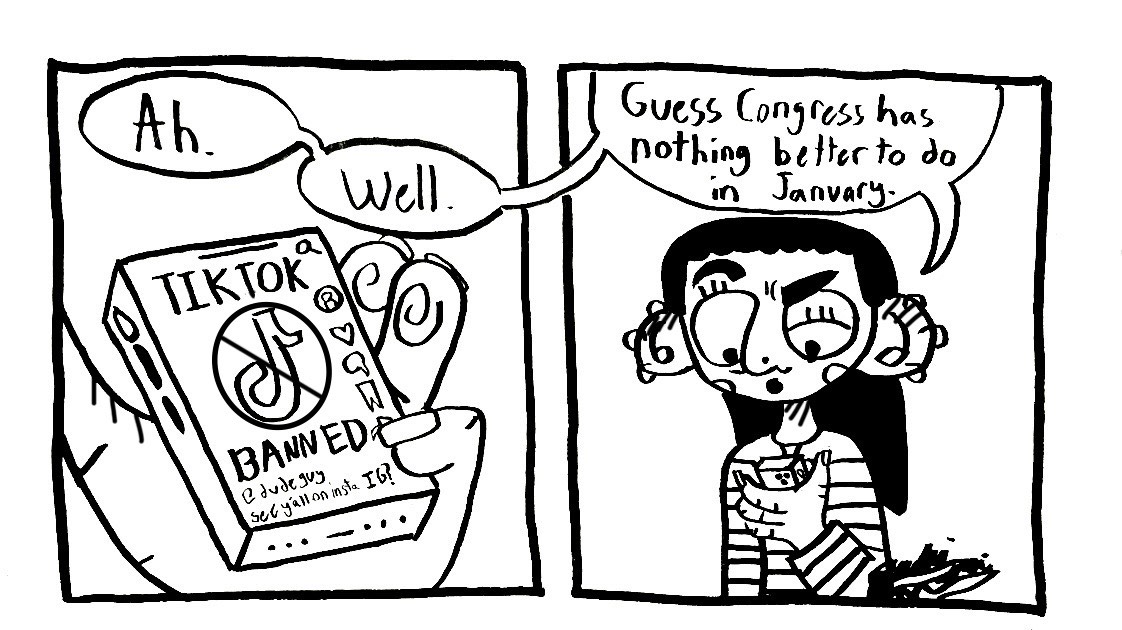What has happened to the foreign policy of this country in the past two years, that we are willing to forgo constructive participation in the United Nations? Are we all of a sudden forgetful of our historical participation in this important organization – which was the main pillar of an international institutional framework that brought the world 50 years of relative peace, prosperity and stability. Have we forgotten that U.S. isolationism is often cited as one of the main factors leading to all the horrors of World War II? History, however, is not the only argument that favors strong American participation in the United Nations. There are economic and political reasons for renewed involvement.
What part of projected deficit and multi-trillion dollar debt do we not understand? Our economy is in recession and we are in the middle of a nationwide budgetary crisis. We have the war in Iraq and homeland security to pay for, not to mention Medicare and Social Security. The world will not help us pay for our domestic problems, but they could help us pay for rebuilding Iraq and Afghanistan. And what better way to make the rest of the world pay to rebuild these shattered nations than by involving the United Nations. Not only can the United Nations. muster the necessary funds, but rebuilding nations is actually one of its primary functions. It did a good job in Kosovo, among other places, and I think they are more anxious to take this job than the U.S. Army.
There are also political reasons for increased U.N. involvement. Weapons of mass destruction are a very specific instance in which the United Nations would be useful. Certainly, there are many fanatics who will believe that any weapons found in Iraq were planted. These people will only believe what they want, so there is no purpose in even trying to reach them. However, there are the silent majorities in Europe, Asia and the Middle East who are extremely cynical about American intentions in Iraq. If it is U.N. weapons inspectors that uncover Iraqi weapons of mass destruction, these silent majorities will accept the existence of weapons as fact rather then falling for conspiracy theories.
Generally, though, the United Nations is very useful because it allows the U.S. to lessen risks. Right now if a riot was to break out in Baghdad, it would be American soldiers who would have to restore order, American soldiers who would be shot at and American soldiers who would be blamed for any Iraqi casualties. With further U.N. involvement in Iraq, the entire world will share in the disappointment and/or success in Iraq, rather then simply laying all failures on the American doorstep.
From a practical standpoint the United Nations has much to offer. The Korean War, the Persian Gulf War and the War on Terrorism all show us the value of collective security and multilateral cooperation. The United Nations is on the ground in all of the worst spots in the world, working for peace and taking care of the sick and maimed. The United Nations has important food, health, education and developmental programs that address the world’s most pressing problems. Most importantly, though, the United Nations offers an institutional solution, where states can act together in the spirit of peace and cooperation.
The United Nations is certainly not a perfect institution. The World Conference Against Racism, the bullying of Israel and recent grandstanding (which includes the United States) on the debate over war in Iraq illustrate this point all too well. However, I do not think we should discard the United Nations because of a few imperfections, but rather, work to fix it. We need to take a good look at our great history in this organization and rethink our course before we further damage both the United Nations and what is left of our once glowing international reputation.
-The writer, a senior majoring in international affairs, is a Hatchet columnist.




